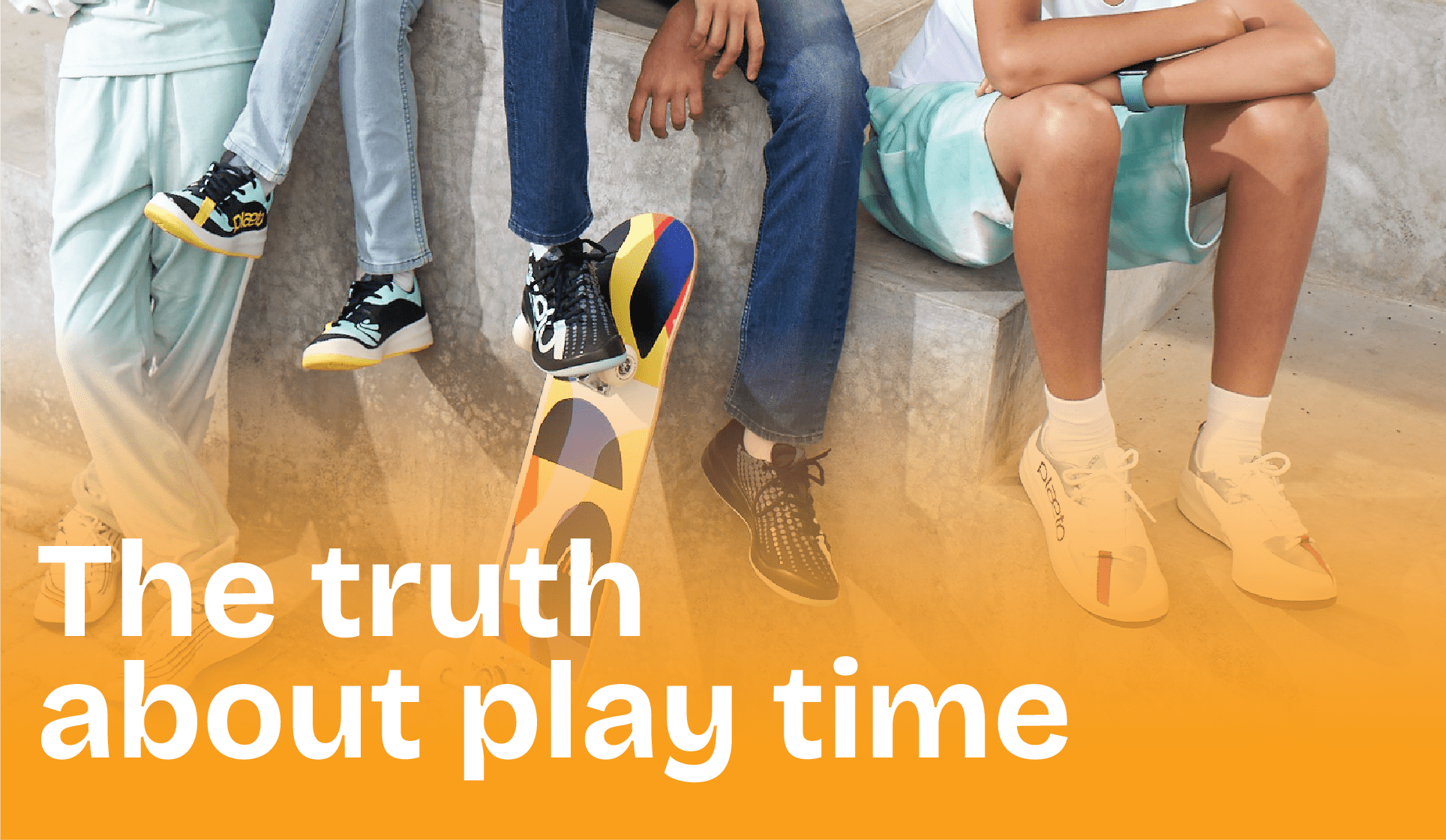Children take up to 16,000* steps a day, that is almost double the number of steps an adult takes, if not more. Each step is filled with a new discovery, constantly feeding their curiosity and helping them learn and grow. or kids who are constantly taking new steps, shouldn’t we support them with the right tools to aid their physical activity and free play?
Remarkable Physical Benefits
Free play unlocks many health benefits in children. Consistent physical activity and exercise regimes have been directly linked to better mental and physical health. In these times of e-schooling and increased screen time, a sedentary routine has slowly set in, even in children. There’s no better way to counter it than to encourage them to play, which helps build healthy and functional muscles, bones, ligaments and tendons with increased strength and stamina. Free play also helps build heart health and provides a great sense of coordination and balance. So, the next time your kid asks to play a video game, tell them to lace up.
A Slew Of Mental Benefits
A plethora of evidence points to free play as being the key to kids’ happiness and well-being. A healthier body means a healthier brain which results in increased attention, concentration, and better mood regulation. Regular physical activity fosters self-esteem and protects children from the debilitating effects of stress, anxiety and depression. Is your kid struggling in math? Nothing that an increased step count couldn’t solve. Trouble focusing in geography class? Exploring new terrain could help. Thus, daily free play could have a positive impact on your kid’s mental wellness in the long run.
Delivers Several Academic Benefits
‘All work and no play, makes…’ well, you know the adage. Now, a study by the Sapienza University of Rome titled ‘Health Benefits of Physical Exercise for Children’ has established that there’s indeed a direct connection between physical exercise and improved brain health and cognition in children. It demonstrates that improved physical activity results in better academic performance. These children are more connected with teachers, better engaged in schoolwork, and earn higher grades. Now you know, play time is what makes study time more fun and engaging.
Need more reasons to let your kid step out and catch up on some much needed free play?
*Source: https://surl.li/kqtpws




